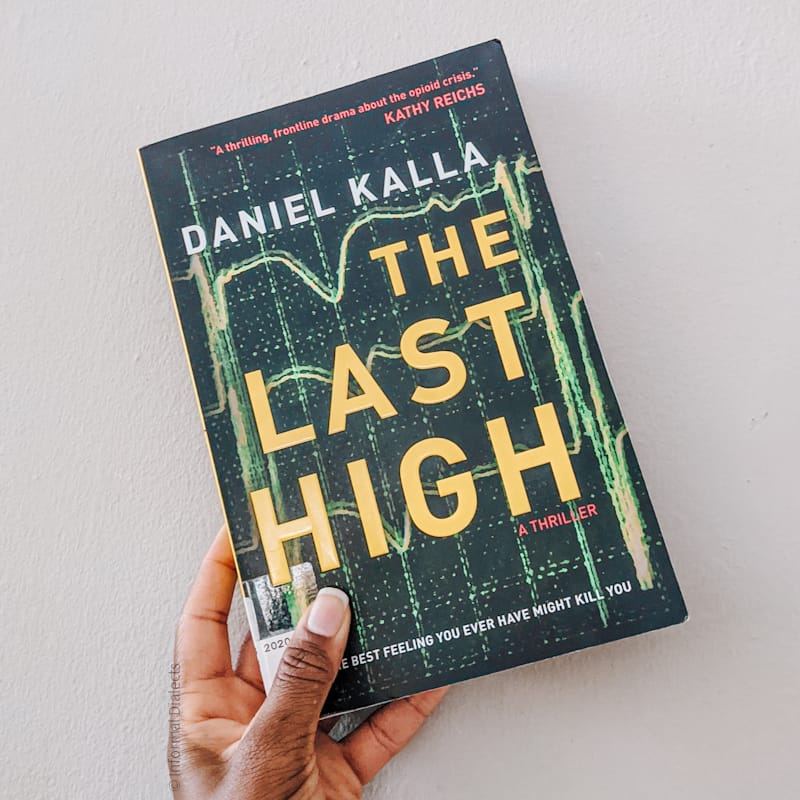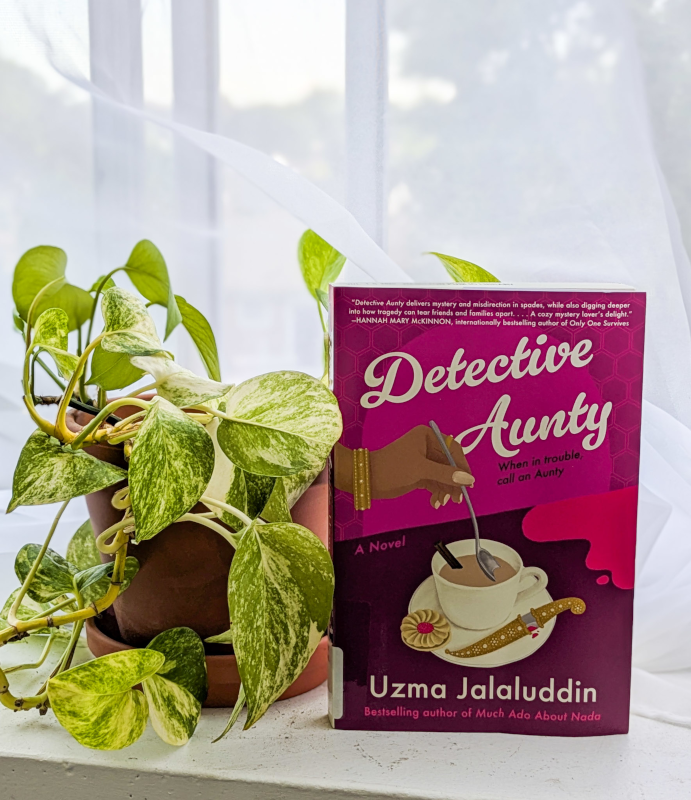Book Review | The Last High by Daniel Kalla
"The Last High" by Daniel Kalla, an ER doctor, delves into the opioid epidemic through a thrilling narrative involving a toxicologist and a detective investigating a series of suspicious teenage overdoses.

When I picked up The Last High for a buddy read in 2021, all I knew about it was that it was written by an ER doctor from Vancouver and explored the "opioid epidemic". It's marketed as a thriller and while I don't read many of those, my buddy read partner agreed it didn't feel like one.
Get it here: Amazon | Libro.fm
Click to read synopsis
Dr. Julie Rees, a toxicologist and ER doctor, is stunned when her emergency room is flooded with teenagers from the same party, all on the verge of death. Julie knows the world of opioids inside and out, and she recognizes that there’s nothing typical about these cases. She suspects the teens took—or were given—fentanyl. But why did they succumb so quickly?
Detective Anson Chen is determined to find out. He and Julie race to track down the supplier of the deadly drugs. But the trail of suspects leads everywhere, from unscrupulous street dealers to ruthless gang leaders who hide behind legitimate business fronts and the walls of their mansions.
As Anson and Julie follow clues through the drug underworld, Julie finds herself haunted by memories of her troubled past—and the lover she lost to addiction. When other overdoses fill the ER—and the morgue—Julie realizes that something even more sinister than the ongoing fentanyl crisis is devastating the streets. And the body count is rapidly rising.
A gripping thriller, The Last High explores the perfect storm of greed, addiction, and crime behind the malignant spread of fentanyl, a deadly drug that is killing people faster than any known epidemic.
I spent more time rolling my eyes and trying not to fling this book across the room because of its vile, stereotypical dehumanization of drug users. I've mentioned before how important it is not to lump people who use drugs or have substance abuse issues into one category. And also not to see them through the one-dimensional lens of drug users. While I appreciate the various types of drug users displayed in this book (pilot, pain patient, individuals experiencing homelessness, med students, etc) it was a weak attempt to portray a broader picture of the typical drug user. The descriptions of these characters and their choices were dripping with contempt and moralizing condescension. Each character who used drugs was contrasted against someone who was "morally superior" to them in some way.
This book reminds me of a line in Dr. Carl Hart's book Drug Use For Grown-Ups. "Imagine if you were interested in learning more about cars or driving and could only find information about car crashes or information about how to repair a car after a crash. That would be ridiculous." In the same way, people learn about history from historical fiction books, people also learn through books like this. But it isn't helpful when full of one-sided, stereotypical information. I understand that as an ER doc, Kalla may see Vancouver as Gotham City needing to be rid of villainous opioids. But stories like these do not help because they reinforce and solidify negative assumptions about drug users. Which then perpetuates the stigma and further ostracises these individuals in our communities.



